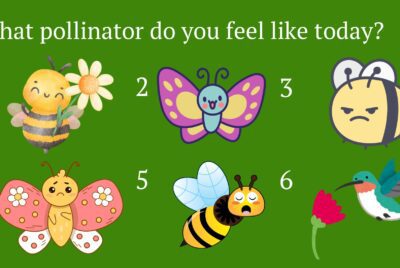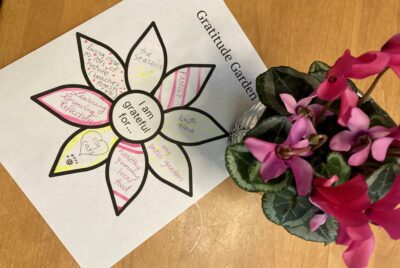RESEARCH
Therapeutic Garden With Contemplative Features Induces Desirable Changes in Mood and Brain Activity in Depressed Adults
Summary
This study investigated the effects of passive exposure to urban spaces on mood and brain activity in depressed and healthy adults. Researchers recruited 92 adults (24 clinically depressed) who passively experienced three urban spaces: a therapeutic garden, a residential green space, and a busy downtown area. Portable EEG and fNIRS systems recorded brain activity, and the Profile of Mood States (POMS) questionnaire assessed mood before and after exposure.
Results showed that mood significantly improved at the therpauetic gardb in both groups. The lowest Total Mood Disturbance was reported at the therapeutic gardens and the highest in the bust downtown area. fNIRS data indicated marginally significant lower oxyhemoglobin in the frontal region at therapeutic gardens compared to downtown. The study suggests that exposure to therapeutic gardens with contemplative features can benefit both healthy and depressed individuals, with potentially different pathways of mood improvement.







